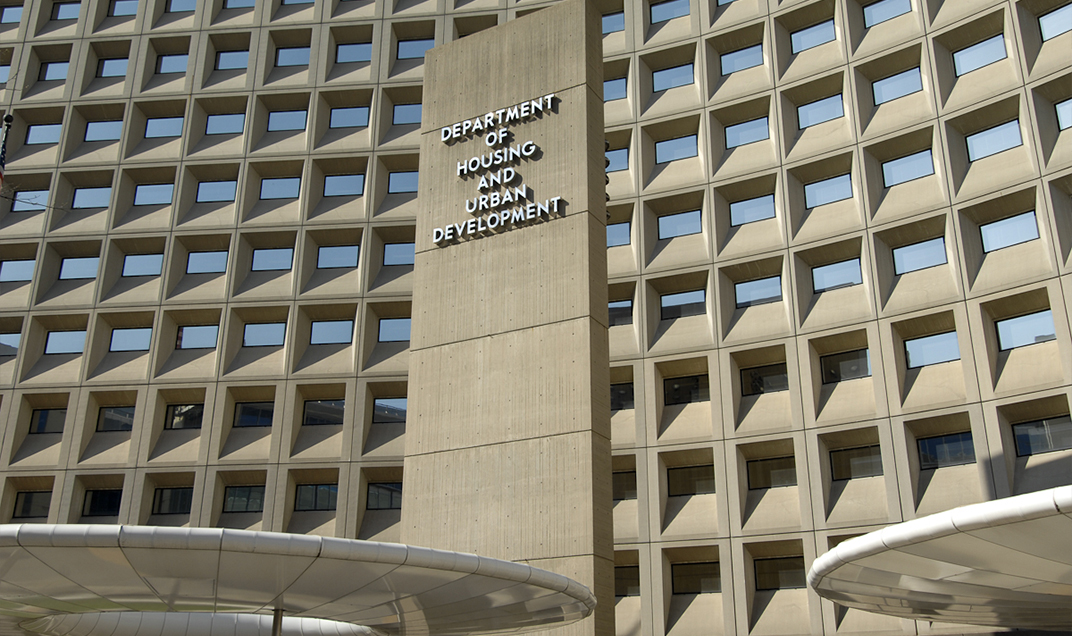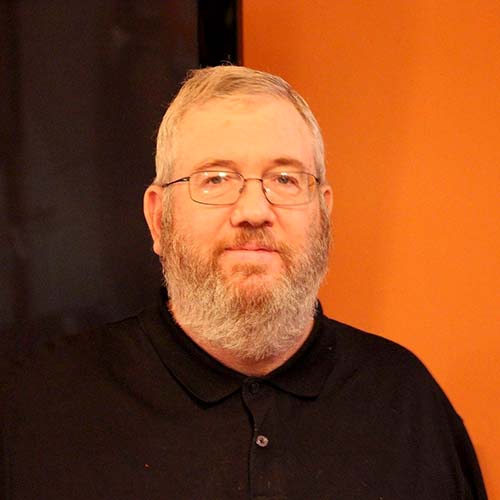
- Details
- By Mark Fogarty
- Real Estate
In an effort to increase tribal participation in its housing counseling program for consumers, the Department of Housing and Urban Development is proposing what it calls tribe-friendly changes to a policy requirement that dates back to 2010.
The agency says its intention with the proposed changes is to increase what currently is a small amount of tribal participation in counseling for its key housing programs, the Indian Housing Block Grant (IHBG) and the Indian Community Development Block Grant (ICDBC).
HUD’s housing counseling program provides help to consumers seeking to find, finance, maintain, rent or own a home. It also addresses homelessness through counseling and helps homeowners in need of foreclosure assistance.
Indian Country has until March 27 to make comments on the proposed rule, which has been published in the Federal Register. Comment letters to date have been few and noncommittal, but others in Native housing are wary about the rule, including its efforts to make a HUD certification mandatory.
Anthony Walters, executive director of the National American Indian Housing Council (NAIHC), said his group will not send in its comments until after it meets with members at its annual Legislative Conference on March 6-8. Walters also said he was pleased HUD seems likely to schedule another consultation with tribes. But he also expressed many doubts about the rule as it stands.
“At first glance, the rule does acknowledge the different circumstances of homeownership and housing counseling in tribal communities,” Walters told Tribal Business News. “So, allowing tribal housing counselors to take a certification test that is more directly applicable to tribal issues and not just the standard national certification is a step in the right direction based on tribal feedback during consultation.”
He noted many tribes already have counseling training and certification through programs like NAIHC’s Pathways Home. But he thinks it may be a negative for those that don’t, especially smaller tribes.
“Any new requirements are going to be a burden, particularly on the smaller tribal programs,” Walters said. “Certification requirements like the proposed rule that go beyond any requirements found in NAHASDA (the Native American Housing Assistance and Self Determination Act) will likely cause some tribal housing programs to simply stop providing any housing counseling services rather than comply with additional rules.”
Walters also questioned HUD’s assertion that the proposed rule is tribal-friendly, saying that it possibly inhibits tribal sovereignty.
“At some level, this is simply viewed as an encroachment on the goals of tribal sovereignty and self-determination that are provided by NAHASDA,” he said. “Under NAHASDA, tribes devise their own Indian Housing Plans to use their funding, which may include housing counseling if the tribe sees it solves a need for that community.
“Now, tribes are being told they can only provide that counseling if it also meets some other HUD rules, which seems to go against the intent of NAHASDA providing that tribal flexibility.”
Finally, Walters objected that the rule will require expenditures from tribes without adding any new resources.
“NAIHC will continue to advocate for legislative fixes, either removing tribal programs from these requirements or at least providing tribes better access to Housing Counseling grants as a new resource,” he said.
Steve Barbier, senior relationships manager at NeighborWorks America, Denver, said there are “pros and cons” to the proposed rule. NeighborWorks America is extensively involved in housing counseling, including in Indian Country.
The proposed rule could help tribes and individual Indians looking to get mortgages, Barbier said, as “Indian Country needs more counseling for pre-purchases.”
But Barbier said compliance and record keeping under the new rule could be challenges for tribes. “It’s not an easy exam to pass. There are a lot of unanswered questions.”
Keeping counselors and funding the program could also be challenging, he said.
For its part, HUD said that after consultation with tribes, it is proposing to:
- Adjust components of HUD’s current housing counselor certification exam specifically for Tribes, including adjustments for distinctions in fair housing laws pertaining to Tribes and the unique status of trust land.
- Recommend additional training for counselors who become certified to provide housing counseling for the IHBG and ICDBG programs.
- Modify study materials for housing counselor certification examinations to account for tailored content specific to Tribes.
The proposed rule has been in process for a long time. According to the Federal Register, a requirement to use HUD-certified counselors was contained in the Dodd-Frank Act of 2010.
“In 2016, HUD implemented these requirements for most HUD programs but agreed to conduct consultation with Tribes before implementing the new housing counselor certification requirement for Tribes,” HUD said there.
“After consulting with Tribes, HUD proposes a housing counselor certification option for employees of Tribes, Tribally Designated Housing Entities (TDHE), and other Tribal entities conducting housing counseling required or provided in connection with the IHBG and the ICDBG programs.
“The proposed rule provides an alternative regulatory standard for compliance with the Dodd-Frank Act's counselor certification requirement that recognizes Tribal sovereignty and self-determination, and accounts for the unique status of Tribal land and housing programs in Indian Country.”
Initial comments by tribes show curiosity about what the new rule means for them. Only two had been received before press time.
The United Keetoowah Band of Cherokee Indians in Tahlequah, OK, commented, “As a small tribe that relies on federal HUD funding, will there be monies available to hire someone to be our Tribal Housing Counselor? We have limited staff who are cross trained in various roles within our Housing Department, and they are already busy with their own programs, i.e. Mortgage Assistance, Repair and Rehab applications, Rental and Occupancy, etc.”
And the Tuluksak Native Community of Southwest Alaska wrote, “How can the Native Village of Tuluksak get back into the HUD housing applications again? We've been trying to get housing for our Tribal Members for some years now.”
